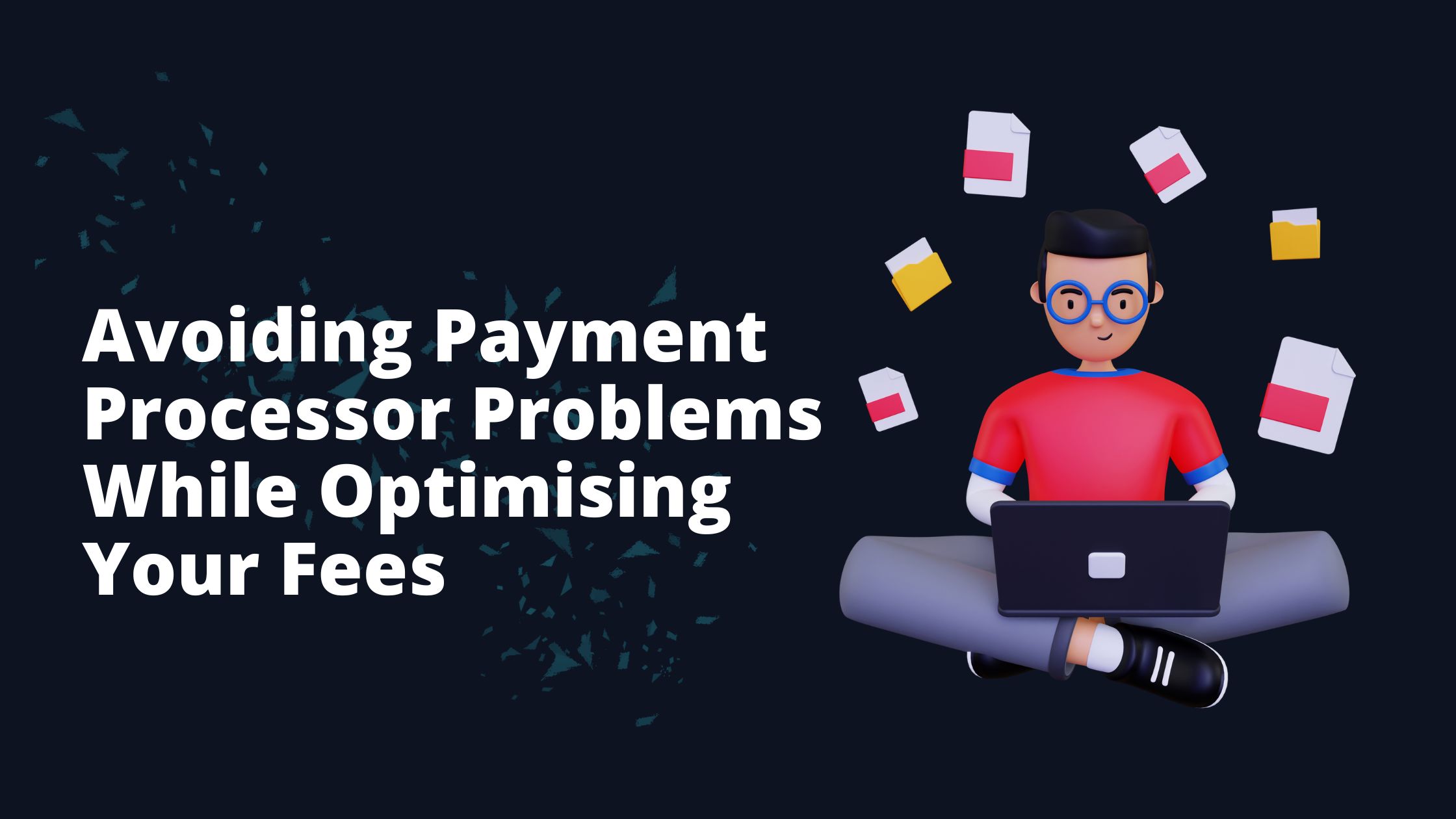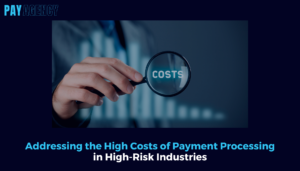Introduction
Small business owners need more than a credit card terminal or POS system to succeed. The second half is locating a payment processor with low fees. Many payment processors demand fees that are too high for small businesses like yours. Switch to our online payment processing platform to avoid these issues. We’ll give you online processing without hefty fees or hidden charges.
Still using a traditional offline payment processor?
If you’re still using an offline payment processor, you may waste money. Online payment processing can you help you save money substantially.
Online payment processing provides: Mobile apps, e-commerce platforms, and more—all at once. Online payment processors offer reduced rates, faster processing times (less waiting for customers), and improved fraud protection. But how? Let’s examine some questions about online payments.
If you’re starting an online business, you need to know how you’ll get paid.
If you’re thinking of starting your own online business, the first thing you need to consider is how you’ll get paid. Payment providers are a great way to get paid online and they can provide an excellent customer experience.There are many payment providers to choose from and it’s important that you choose a provider that works well for your type of business and provides an easy-to-use interface so customers can pay their bills easily.
Don’t set up a payment gateway without knowing whom you’re dealing with.
Research payment processors before choosing one. Bad payment processors can cause unnecessary hassles, so be sure you know who you’re dealing with. Asking for Recommendations and checking the reviews can help you find a processor. You should also investigate security, cost, and other things. With Pay Agency you can save time and money by choosing the best provider for your business as you can choose from over hundreds of providers.
When to choose a payment processor?
For choosing a payment processor, you need to consider whether your business will have any of the following characteristics:
● You want to accept credit cards.
● You want to accept recurring payments.
● Your business is online (or wants to be).
Who uses online payment processing?
First, you need to determine who will use your payment processor. Is it going to be a business, a nonprofit organisation or an individual?
● Small businesses: Most small businesses., including restaurants and retail stores, use online payment processors for their websites because they don’t have another option for accepting credit card payments online.
● Large businesses: Large companies that have an established offline presence are likely to have their own branch offices or in-house staff members who can process payments offline with no third party help. However, as more people shop online these days, evenlarge companies are turning to third party processors because it’s necessary for them too.
Your best payment processor depends on what you sell, where, and regular billing.
Knowing what’s important to you is key to choosing the right payment processor for your business.
Ecommerce store usability (and therefore conversion) is crucial. If you sell online through a website or app, the payment procedure must be easy; otherwise, it will anger clients and decrease sales. Here, Stripe or PayPal are good options. Both services include easy-to-use mobile interfaces and rapid setup processes, so you’ll be up and running soon. Stripe’s app marketplace has fantastic support, so if something goes wrong, someone is there to help.
The Best Credit Card Processor for eCommerce – How to Choose One.
● Choosing a payment processor is difficult. How huge is your business? Do you need specific functionality, or does it depend on your sales volume? Will your business’s payment processing needs change?
● Asking yourself what you want from a payment processor and what kind of experience they have will help you choose one.
● Is this company user-friendly? Have they provided useful or incorrect responses? Unreliable service providers are the worst for eCommerce owners. If one merchant has a positive experience with a provider, it is likely that others will as well.
What does the Payment Card Industry Data Security Standard (PCI DSS) do?
PCI DSS sets security criteria for companies that process credit cards. A coalition of major credit card brands and payment gateways formed it. It sets 12 obligations for businesses and service providers who accept, process, or keep cardholder data.
.These requirements include:
● Establishing strong passwords for administrators
● Protecting stored sensitive data
● Implementing firewall rules to prevent unauthorised access from outside your network
● Monitoring network activity for potential threats
Your business will suffer without a secure payment mechanism.
Your business will suffer without safe payments.
Online payment security The fewer worries your customers have, the better. If people trust you, they’ll buy from you again and refer you to others.
Use PayPal, Stripe, Square, Google Wallet, Apple Pay, Bitcoin, or Venmo (to name just a few).
Conclusion
In conclusion, choosing the correct payment provider is crucial when beginning an internet business. There are so many alternatives, and each one is unique. If you want customers to trust you and return, use a secure payment mechanism. With Pay Agency you can review and choose the best payment processors based across the globe. Connect with our team to get started.




